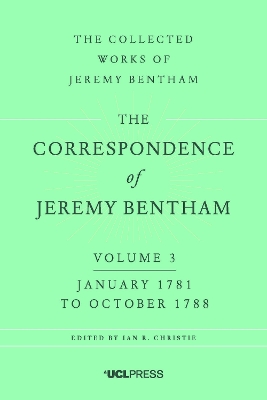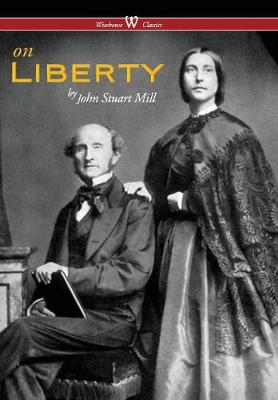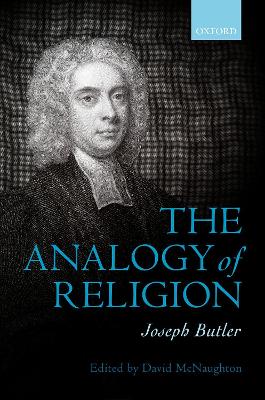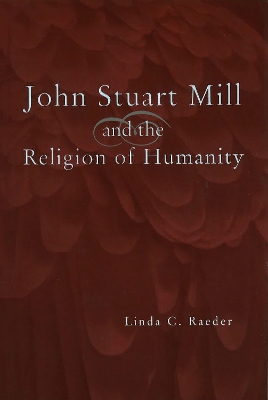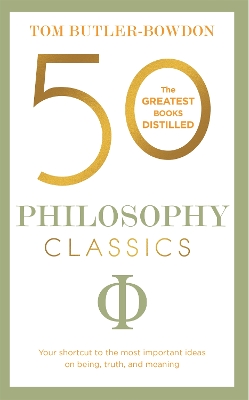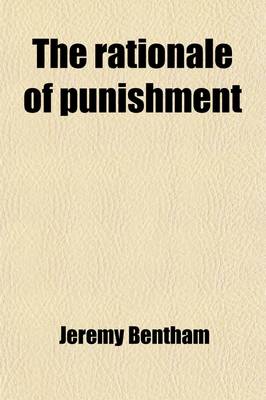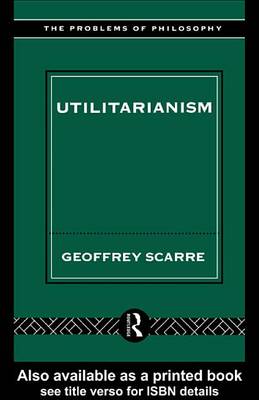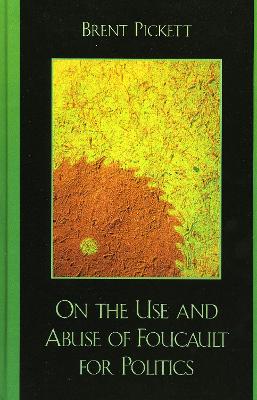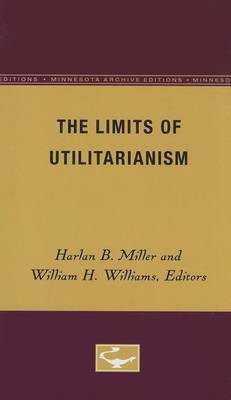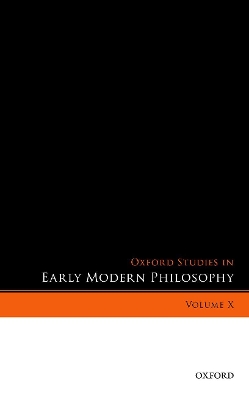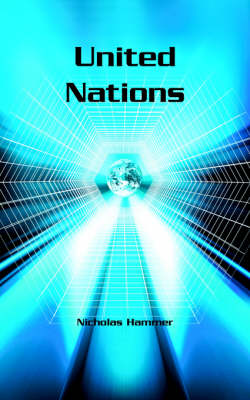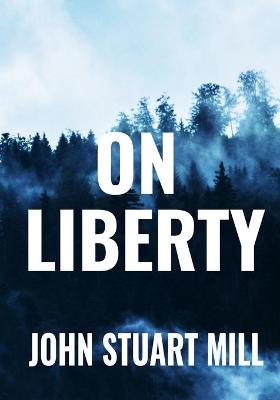The idea that there is such a thing as a human right to health has become pervasive. It has not only been acknowledged by a variety of international law documents and thus entered the political realm but is also defended in academic circles. Yet, despite its prominence the human right to health remains something of a mystery - especially with respect to its philosophical underpinnings. Addressing this unfortunate and intellectually dangerous insufficiency, this book critically assesses the stipu...
On Liberty (Wisehouse Classics - The Authoritative Harvard Edition 1909) (2016)
by John Stuart Mill
Joseph Butler: The Analogy of Religion
Joseph Butler's The Analogy of Religion (1736) is an important work in terms of its historical influence and its contemporary relevance. In it, Butler defends Christian belief against many well-known objections: for instance, that the evidence for Christianity is weak; that it is impossible to believe in miracles; that if God existed he would have revealed himself clearly to everyone. The problems Butler discusses are current in contemporary philosophy of religion, but his answers are often ig...
Today, I believe, one ought to keep total silence on the question of religion when writing for an English audience, though indirectly one may strike any blow one wishes at religious beliefs. - JOHN STUART MILL TO AUGUSTE COMTE (1845) John Stuart Mill and the Religion of Humanity introduces material that requires significant reevaluation of John Stuart Mill's contribution to the development of the liberal tradition. Through his influence, the radical anti-Christianity of the French tradition was...
This volume explores the dual role of the president-leader of the American people and leader and spokesman for the United States. Part I examines the roles of the president through discussions of presidential leadership at summits, relations between Congress and the president, and the organization of policy-making. In Part II the focus shifts to the role of presidential communication in the international arena. American intervention is analyzed and the role of the U.N. executive committee is...
The English Utilitarians (Philosophical works of Leslie Stephen) (Continuum Classic Texts)
by Sir Leslie Stephen
These three volumes are mainly devoted to Bentham, James Mill, and John Stuart Mill. In the book the author argues that the utilitarians, were social reformers first and "philosophers" second - if at all. Volume One consists largely of a catalogue of the social evils that provided Bentham with his problem and his stimulus. Failure to get his plans for legal reform adopted led him slowly to the realization that the ruling classes did not always desire "the greatest happiness of the greatest numbe...
For over 2000 years, philosophy has been our best guide to the experience of being human, and the true nature of reality. From Aristotle, Plato, Epicurus, Confucius, Cicero and Heraclitus in ancient times to 17th century rationalists Descartes, Leibniz and Spinoza, from 20th-century greats Jean-Paul Sartre, Jean Baudrillard and Simone de Beauvoir to contemporary thinkers Michael Sandel, Peter Singer and Slavoj Zizek, 50 Philosophy Classics explores key writings that have shaped the discipline an...
This is an introduction to moral theory for new students of ethics. How can we find true or reasonable moral principles to live our everyday lives by? Torbjorn Tannsjo presents 7 radically different moral theories, each of which attempts to provide the ultimate answer to the question of what we ought to do and why. Tannsjo carefully describes each theory, showing how it works in practice, critically assessing it and putting it into its historical perspective. It covers 7 moral theories: utilitar...
This edition of Jeremy Bentham's 'The Rationale of Punishment' is the first comprehensive version of this classic philosophical text since 1830. McHugh argues that the text is the model of applied philosophy that should be re-examined and adapted to the debates that continue regarding the desire to prevent crime and compensate its victims.
Surveying the historical development and the present condition of utilitarian ethics, Geoffrey Scarre examines the major philosophers from Lao Tzu in the fifth century BC to Richard Hare in the twentieth. Utilitarianism traces the 'doctrine of utility' from the moralists of the ancient world, through the Enlightenment and Victorian utilitarianism up to the lively debate of the present day. Utilitarianism today faces challenges on several fronts: it cannot warrant the drawing of adequate protect...
Sensitive to the discontinuities in Foucault's thought, neither critical nor slavishly devotional, On the Use and Abuse of Foucault for Politics demonstrates how Foucault is relevant for contemporary democratic theory. Beginning with a discussion of the interrelated ideas of power and resistance, Brent Pickett provides an interpretation of Foucault's political philosophy, including a comprehensive overview of the reasons for various conflicting interpretations, and then explores how well the dif...
The Limits of Utilitarianism was first published in 1982. Minnesota Archive Editions uses digital technology to make long-unavailable books once again accessible, and are published unaltered from the original University of Minnesota Press editions. Many philosophers have argued that utilitarianism is an unacceptable moral theory and that promoting the general welfare is at best only one of the legitimate goals of public policy. Utilitarian principles seem to place no limits on the extent to wh...
Oxford Studies in Early Modern Philosophy is an annual series, presenting a selection of the best current work in the history of early modern philosophy. It focuses on the seventeenth and eighteenth centuries - the extraordinary period of intellectual flourishing that begins, very roughly, with Descartes and his contemporaries and ends with Kant. It also publishes papers on thinkers or movements outside of that framework, provided they are important in illuminating early modern thought. The art...
History and Historiography in Classical Utilitarianism
by Callum J. A. Barrell
